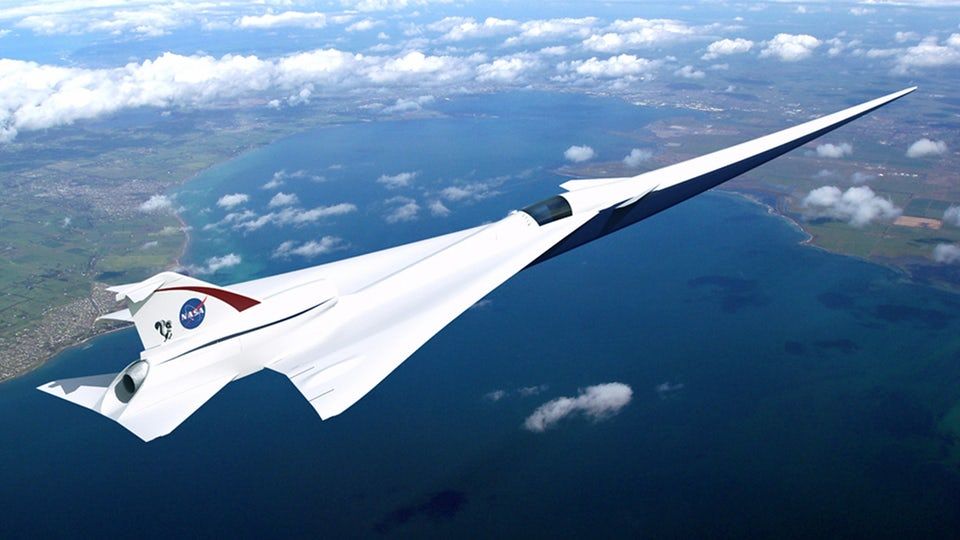A key component of NASA’s X-59 Quiet SuperSonic Technology (QueSST) aircraft is undergoing vibration tests at the space agency’s Langley Research Center in Hampton, Virginia. The eXternal Vision System (XVS) is a special camera system that the pilot of the X-plane will use to see forward while the experimental supersonic craft is in flight.
When the X-59 takes to the skies in 2021, the pilot will be faced with a problem not often encountered since the Concorde fleet of supersonic passenger jetliners was retired. The X-59 is meant to test new technologies to build a new generation of supersonic commercial aircraft and, while it promises to overcome some of the drawbacks of Concorde, it will still share some of its difficulties.
One is that the ideal design of a long-range supersonic liner is essentially that of a needle-nosed dart. The annoying thing is that, though this shape may be fine from an aerodynamic point of view, it makes it extremely difficult for the pilot to see forward without a lot of complex mechanics, like Concorde’s droop nose and special sliding windscreen.









Comments are closed.